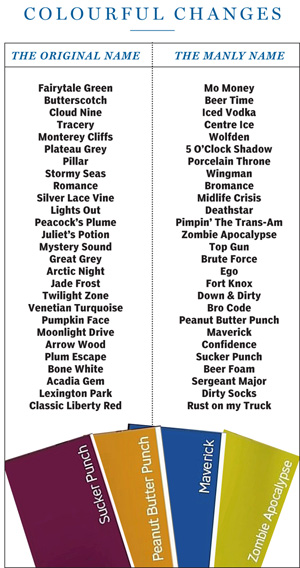If you’ve ever been driving in Britain, you’ll have encountered the ubiquitous roundabout. The arguments for adopting them in North America are pretty strong:
The modern, safe roundabout first entered service in Britain back in 1966, after it adopted a rule that at all circular intersections traffic entering had to give way, or “yield”, to circulating traffic. This innovation, along with the sloping curves of the entry and exit of a roundabout (which slow traffic down), created a design that is now found worldwide. Though tens of thousands of roundabouts exist across Europe, America still has only 3,000 of them.
One of their main attractions, says Mayor Brainard, is safety. The Insurance Institute for Highway Safety, an independent research group, estimates that converting intersections with traffic lights to roundabouts reduces all crashes by 37% and crashes that involve an injury by 75%. At traffic lights the most common accidents are faster, right-angled collisions. These crashes are eliminated with roundabouts because vehicles travel more slowly and in the same direction. The most common accident is a sideswipe, generally no more than a cosmetic annoyance.
What locals like, though, is that it is on average far quicker to traverse a series of roundabouts than a similar number of stop lights. Indeed, one national study of ten intersections that could have been turned into roundabouts found that vehicle delays would have been reduced by 62-74% (nationally saving 325,000 hours of motorists’ time annually). Moreover, because fewer vehicles had to wait for traffic lights, 235,000 gallons of fuel could have been saved.
Once you get used to using them, you realize just how much of your urban and suburban driving time is spent waiting for the damned traffic light to change (especially if you live in an area with non-permissive left turn lights). The benefits don’t scale well, however: at least in my experience, multiple multi-lane roads entering roundabouts are actually less efficient than traffic lights would be.

 Real men don’t paint their basements in Butterscotch Tempest. They colour the walls with Beer Time.
Real men don’t paint their basements in Butterscotch Tempest. They colour the walls with Beer Time.

